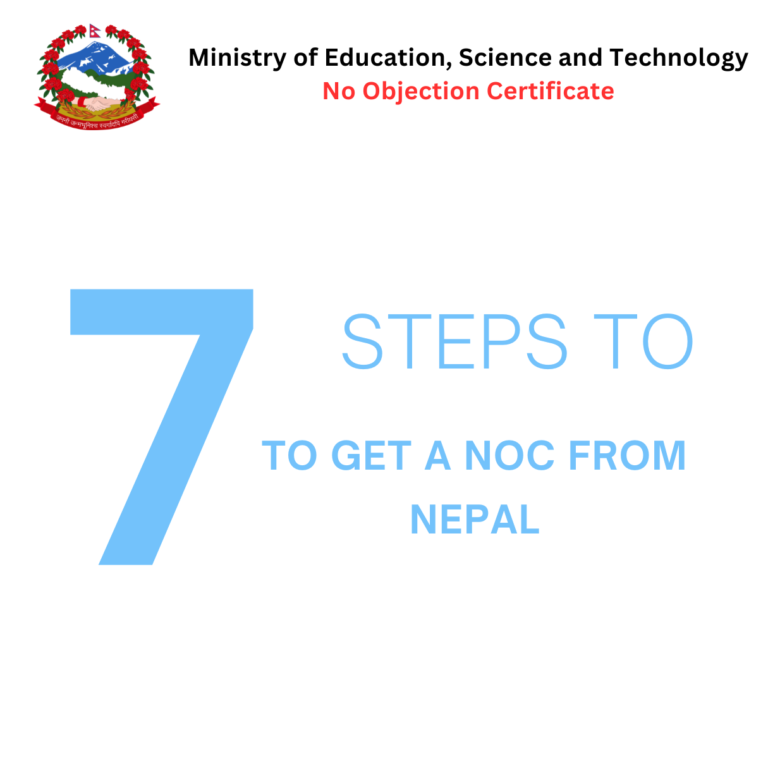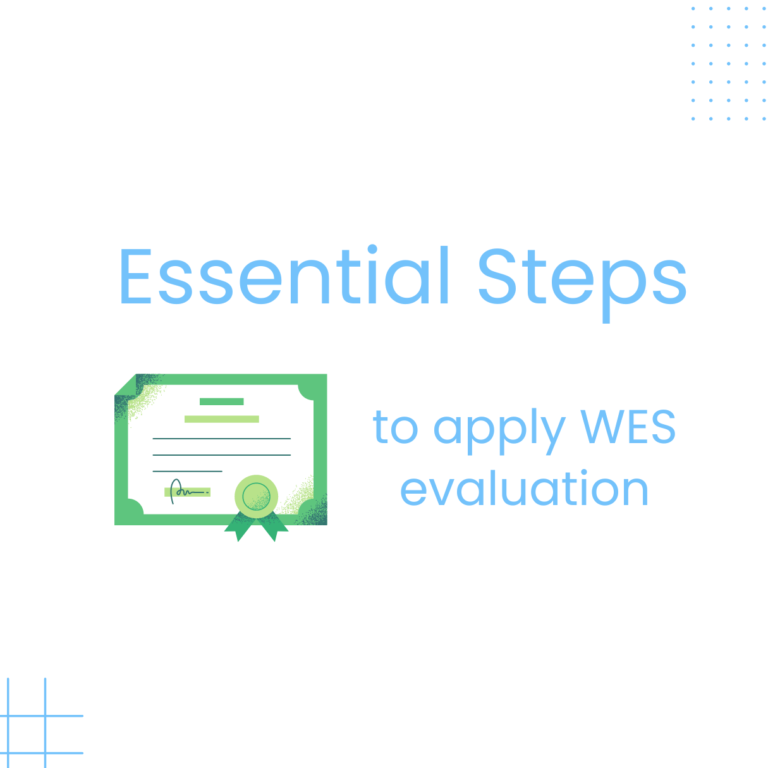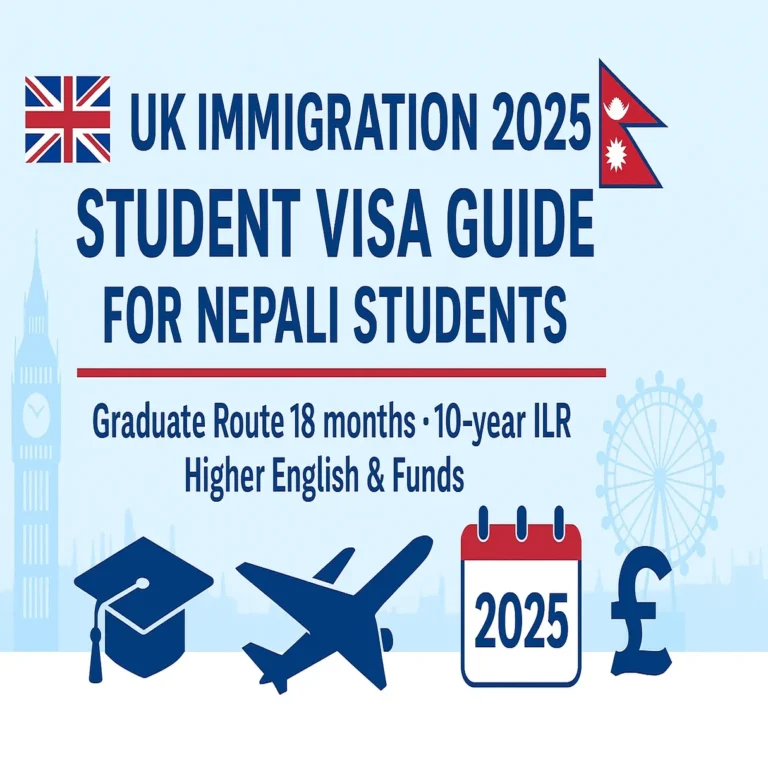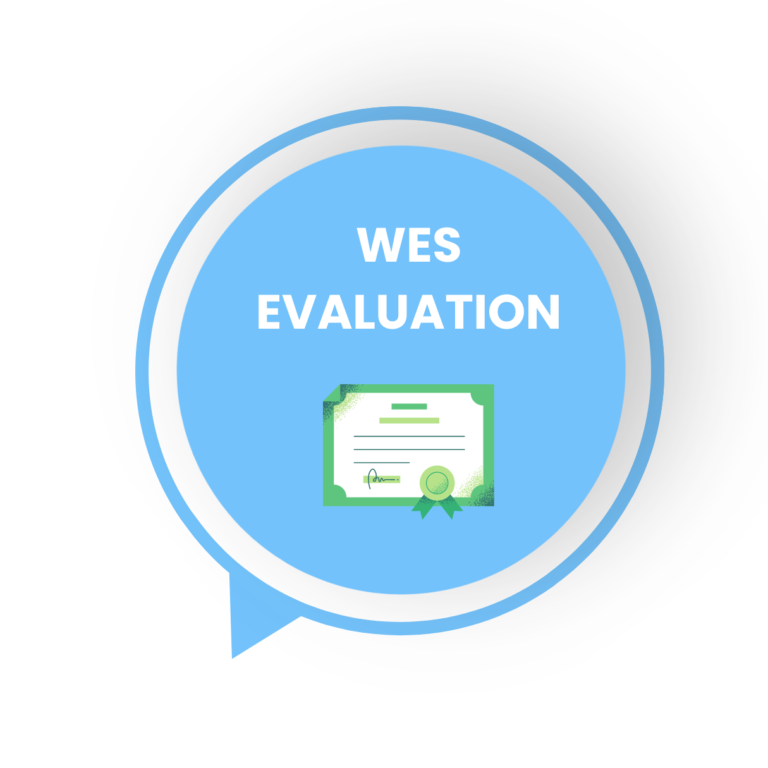Top UKVI Interview Question Examples and Answers
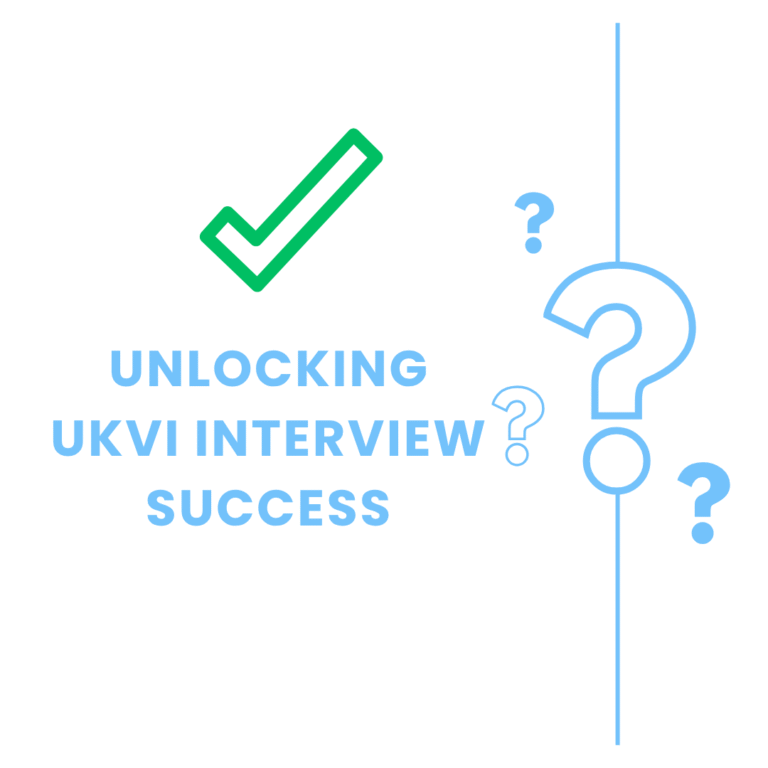
As of 2025, one of the first UKVI interview questions you’ll encounter is confirming your purpose, funding and ties to home during a one-to-one credibility interview. UK Visas and Immigration (UKVI) requires most student-visa applicants to attend this 5–20 minute session—either in person at a Visa Application Centre or remotely via Microsoft Teams—to verify you are a genuine student and meet English-language requirements. Although the audio isn’t recorded, the interviewer types a full transcript of your responses, which Home Office staff review alongside your application. You can expect fixed questions on your academic history, chosen programme and institution, funding arrangements, and connections to your home country. Interviewers may also probe your understanding of UK culture and daily life to ensure you’re fully prepared. Clear, concise answers to every UKVI interview question and well-organised documents are essential—strong preparation can directly influence the success of your visa application. Below are the key questions to expect, along with concise sample answers you can adapt for your own preparation.
1. Why Do You Want to Study in the UK?
Question: “Why did you choose this university?”
Sample Answer
“I chose the University of Glasgow for its dedicated Centre for Energy Transition, led by Prof. Sharma, whose recent paper on Himalayan hydropower models influenced my undergraduate thesis at Tribhuvan University.”
Tip: Mention a specific professor, research centre, or unique programme feature.
2. Why This University?
Question: “Why did you choose this university?”
Sample Answer
“I chose the University of Glasgow for its dedicated Centre for Energy Transition, led by Prof. Sharma, whose recent paper on Himalayan hydropower models influenced my undergraduate thesis at Tribhuvan University.”
Tip: Mention a specific professor, research centre, or unique programme feature.
3. Why This Course?
Question: “Why have you selected this particular programme?”
Sample Answer
“My BEng in Electrical Engineering at Pulchowk Campus gave me a solid foundation. However, only the UK’s MSc in Energy Systems offers mandatory industry placements with Scottish Power, which aligns with my goal of designing sustainable mini-grids for rural Nepal.”
Tip: Emphasise how the curriculum and practical elements fill gaps in Nepal’s academic offerings.
4. How Will You Fund Your Studies?
Question: “Who will sponsor your education?”
Sample Answer
“I’ve been awarded a 30% merit scholarship from Imperial College London, covering £9,000 of my tuition. My parents, both government employees in Lalitpur with combined savings of NPR 4,000,000, will cover the remaining fees and living costs. Bank statements and the scholarship award letter are attached.”
Tip: Lead with scholarships or awards, then detail family support with concrete amounts.
5. Where Will You Live and Commute?
Question: “What are your living and travel arrangements?
Sample Answer
“I have reserved a room in the University-run halls at King’s Cross, a 20-minute Tube ride to King’s College London. I plan to purchase an Oyster card for my daily commute.”
Tip: Show you’ve planned logistics; this reassures the officer of your organisation.
6. What Are Your Post-Study Plans?
Question: “Do you intend to stay in the UK after graduation?”
Sample Answer
“While I value the Graduate Route’s opportunities, I intend to return to Nepal to work with Nepal Electricity Authority on rural electrification projects. My long-term goal is to establish a social enterprise in Pokhara focused on solar home systems.”
Tip: Clearly state your intent to return home and illustrate with specific career aims.
7. Ties to Nepal
Question: “What ties do you have to your home country?”
Sample Answer
“My family owns a guesthouse in Pokhara, and I’m listed as a co-owner. Additionally, I’m an active volunteer with Helvetas Nepal, heading two community development projects, which I plan to resume upon my return.”
Tip: Highlight property ownership, family business, and community roles to demonstrate strong home-country links.
8. Proving Your English Ability
All UK student-visa applicants must demonstrate at least CEFR B2 level gov.uk. Prepare to speak clearly, with no heavy Nepali accent, and reference your IELTS or SELT score when asked.
Conclusion
Mastering your next UKVI interview question means being precise, confident, and well-prepared. Tailor each answer with concrete details—mention specific course modules, professors, or scholarship amounts—to show you’ve researched thoroughly. Structure your responses using a simple “Point–Example–Benefit” framework so every answer is clear and goal-oriented. Speak slowly, pause to gather your thoughts, and maintain steady eye contact (or look into the camera) to project confidence. Keep all your documents—offer letters, bank statements, certificates—neatly organized and within easy reach to demonstrate responsibility. Finally, practice aloud until your replies flow naturally, then review and eliminate filler words (“um,” “like”). Found these tips useful? Leave a comment below, and I’ll share real UKVI interview questions with actual student responses.

